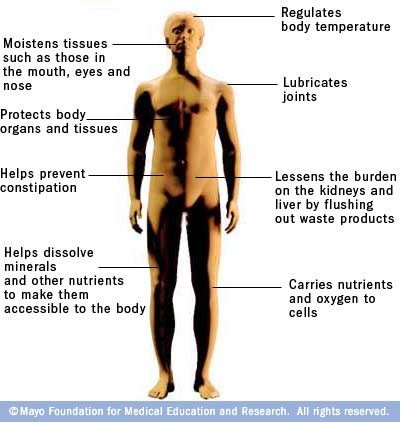
Macronutrients Vs Micronutrients – Learn The Basics
 If you follow any personal trainer online or have one yourself. At some point you’ve probably heard them mention macronutrients and or micronutrients, usually within the context of a healthy diet plan or discussion about weight lifting supplementation. It sounds really complex, but it’s actually pretty easy to understand the difference between macronutrients vs micronutrients.
If you follow any personal trainer online or have one yourself. At some point you’ve probably heard them mention macronutrients and or micronutrients, usually within the context of a healthy diet plan or discussion about weight lifting supplementation. It sounds really complex, but it’s actually pretty easy to understand the difference between macronutrients vs micronutrients.
Macronutrients vs Micronutrients
Nutrients are chemical elements essential for the maintenance and growth of a living organism. Macronutrients are those necessary to be consumed in larger quantities and Micronutrients are required in lesser quantities. By definition that’s pretty much as simple as it gets. Micronutrients essentially support the functionality of the macronutrients. Both are necessary for a complete and healthy diet especially if you’re looking to make body composition changes.
Macronutrients are consumed by the body to produce energy and micronutrients help the chemical process take place.
Macronutrients
Carbohydrates
These are the body’s main source of fuel. Carbohydrates are the most efficiently used macronutrient and every single cell of the body may rely on them. Simple carbs are easily digested by the body for quick delivery into the blood stream and complex carbs take a little more effort. Carbohydrates provide 4 kcal or energy per gram. (aka calories)
Protein
Protein is essential for tissue growth and repair (muscle building) and is important for immune function, hormonal, and enzyme balance. Protein also helps to preserve lean muscle mass which is key if you’re trying to lose bodyfat and lean up. Protein provides 4 kcal of energy per gram.
Fat
While you may be inclined to gobble up everything labeled “fat free” when you’re shopping for healthy foods, you have to keep in mind that fats are an essential macronutrient and you need to be consuming them. They are crucial for absorbing and processing fat soluble micro nutrients (like vitamins A, D, E, K and carotenoids). The body also requires fat for normal growth and development. At 9kcal of energy per gram, Fats are the richest energy source for the body.
Micronutrients

Vitamins
Most vitamins are either not made by the human body or are produced in insufficient amounts, therefore they must be consumed either by food or supplementation. Vitamins help support the function of the macronutrients and are essential for metabolism, growth and maintenance. Vitamins are an organic substance meaning they are derived from living matter.
Minerals
Dietary Minerals are inorganic nutrients that are also required by the body for efficient metabolism and function. They include trace elements like salt, copper and iron.
Stay Balanced
Regardless of whether your goal is to pack on the muscle or strip away some bodyfat you shouldn’t be racking your brain trying to understand the minute details of macronutrients vs micronutrients! Rather you should be focusing on eating a healthy and well balanced diet. Every season we seem to hear about some new “super food” that turns into all the rage, and they may have some merit for the hype. But you have to keep in mind that you cannot get all the nutrients your body requires from a single food or supplement source.
ref: HEd. 111-232, “Macronutrients: the Importance of Carbohydrate, Protein, and Fat” (2014) McKinley Health Center




